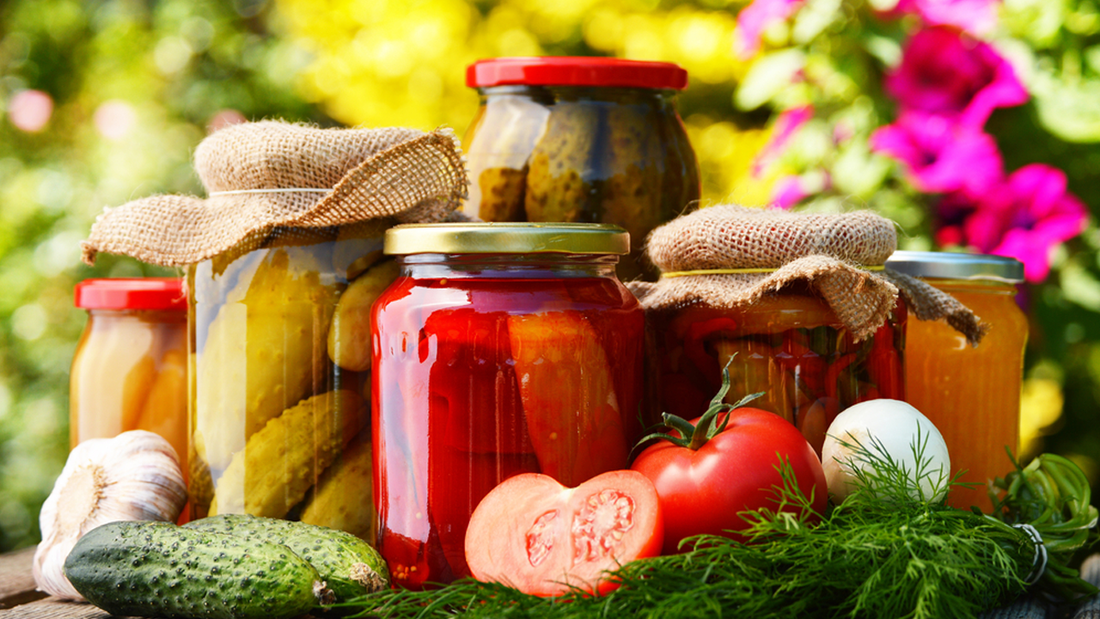Food preservation is a centuries-old practice. It extends the shelf life of perishable foods. Food preservatives act similarly to drug preservatives. They inhibit the growth of microorganisms, enzymes, and oxidation in any product. However, they go beyond their main function. They certainly prevent food spoilage but also restore flavors along with nutritional value. Hence, most companies incorporate preservatives to ensure their products stay safe and nutritious.
Role of food preservatives in maintaining flavors and nutritional value
One of the key ways food preservatives restore flavors is by inhibiting the growth of bacteria, yeast, and mold. These can produce unpleasant odors as they metabolize food components. Preservatives slow down or prevent microbial growth to maintain the natural flavors and aromas of foods. That is how they preserve their taste and freshness for a longer time. Moreover, certain preservatives can prevent oxidative rancidity. They can avoid the oxidation of fats and oils. It helps food companies to retain their products’ desired taste and texture.
Moreover, food preservatives can also contribute to preserving the nutritional value of foods. How? They prevent nutrient degradation and loss during storage as well as processing. They can inhibit the oxidation process of vitamins, minerals, and other important food nutrients. Similarly, antimicrobial preservatives like clove oil or eucalyptus oil can maintain the nutritional value of foods by preventing microbial contamination.
Below are some popular examples of food preservatives that add flavors and restore the nutritional value of the product.
Clove oil: Clove oil can be used as a natural food preservative. It possesses antimicrobial and antifungal properties. Clove oil contains eugenol which is a strong antimicrobial compound. It can inhibit the growth of harmful microorganisms and extend the shelf life of your food products. It acts both as a flavoring agent and preservative in bean soups.
Caryophyllene oxide: It is a natural organic compound found in various essential oils such as rosemary oil. It possesses strong antimicrobial properties, primarily against bacteria. It is used in food and beverage products to enhance the overall sensory experience. It provides a spicy, woody, or floral aroma and antibacterial activity.
If you want to incorporate food preservatives or cosmetic preservatives in your products, contact SBBLG today! They are one of the popular suppliers of food and fragrance in India.





